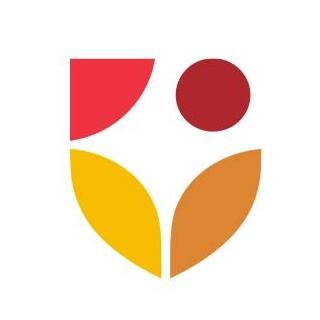This course focuses on how an organization’s compensation system contributes to its success and how each organization must be evaluated and aligned, using a strategic lens, to develop the most value-adding compensation system within a Total Rewards framework.

This course focuses on how an organization’s compensation system contributes to its success and how each organization must be evaluated and aligned, using a strategic lens, to develop the most value-adding compensation system within a Total Rewards framework.
Additional topics include job analysis, job evaluation, and cash compensation forms such as base pay, short- and long-term benefits, and merit pay. Benefits plans including insurance, work/life balance, and allowances, along with components of non-financial rewards, are investigated.
With the strength of a NorQuest College education, our learners have the skills and confidence to further their studies, begin new careers, provide better lives for their families, and make valuable contributions to society.
At NorQuest, we have a unique ability to provide students with the skills Alberta needs in a supportive and inclusive environment. And with input from industry, business, and the public sector, we make learning relevant and rewarding.
We understand that our learners come with varying levels of education and we assist them at the times and places that meet their needs, whether that is in the classroom, via distance learning or continuing education.
We help identify their strengths, work on their areas of need, and move them towards exciting learning paths and life-changing careers. Our post-secondary diploma and certificate programs offer careers in health, community studies, and business.
We also uniquely deliver to the increasing demands of our economy. Thanks to our workforce-relevant programming, the average diploma graduate from NorQuest College earns $15,100 more than a high school graduate at their career midpoint.
In addition, research shows that NorQuest College and our students added $471.4 million of total income to Edmonton’s regional economy. These outcomes are based on a 2016-17 study conducted by Economic Specialists International.
Located on traditional lands referred to as Treaty 6 territory, we serve 21,162 learners. This translates to 12,112 full-time and part-time credit students, and 9,050 non-credit or continuing education students, including assessment examinations.
As a regional steward, we provide access to adult education in Edmonton and the surrounding region. Our services reach from Drayton Valley in the southwest, to Whitecourt in the northwest, and to Wetaskiwin in the southeast, encompassing 26 communities. In all, three regional campuses complement our two Edmonton campuses.
We are proud to embrace diversity and honour inclusiveness:
© 2025 coursetakers.com All Rights Reserved. Terms and Conditions of use | Privacy Policy